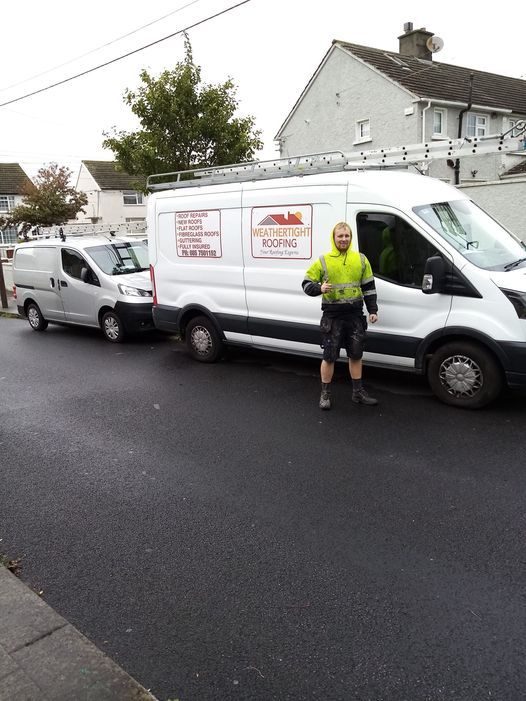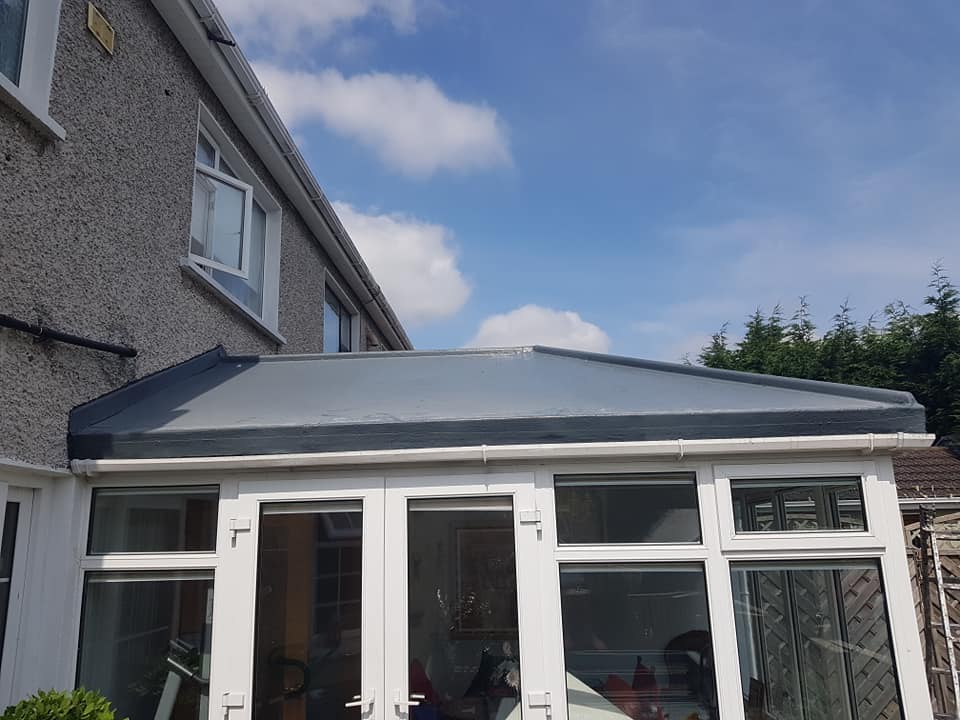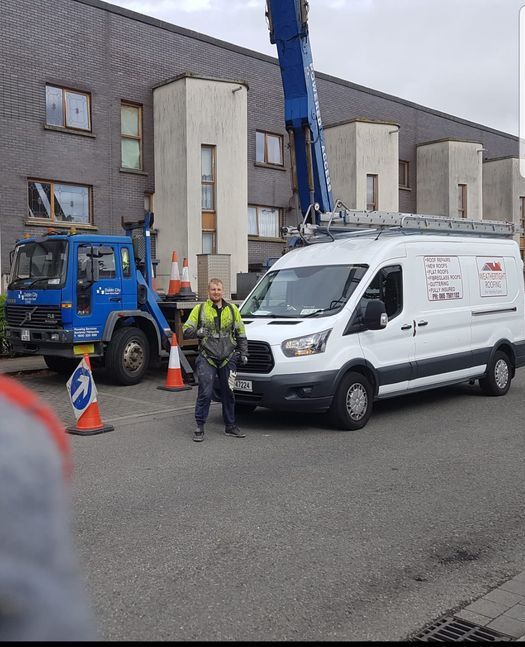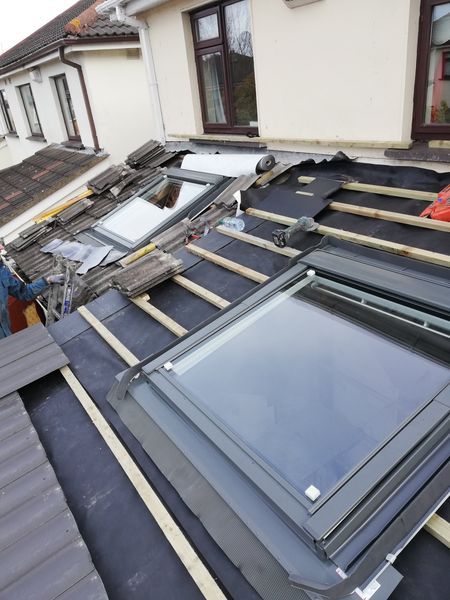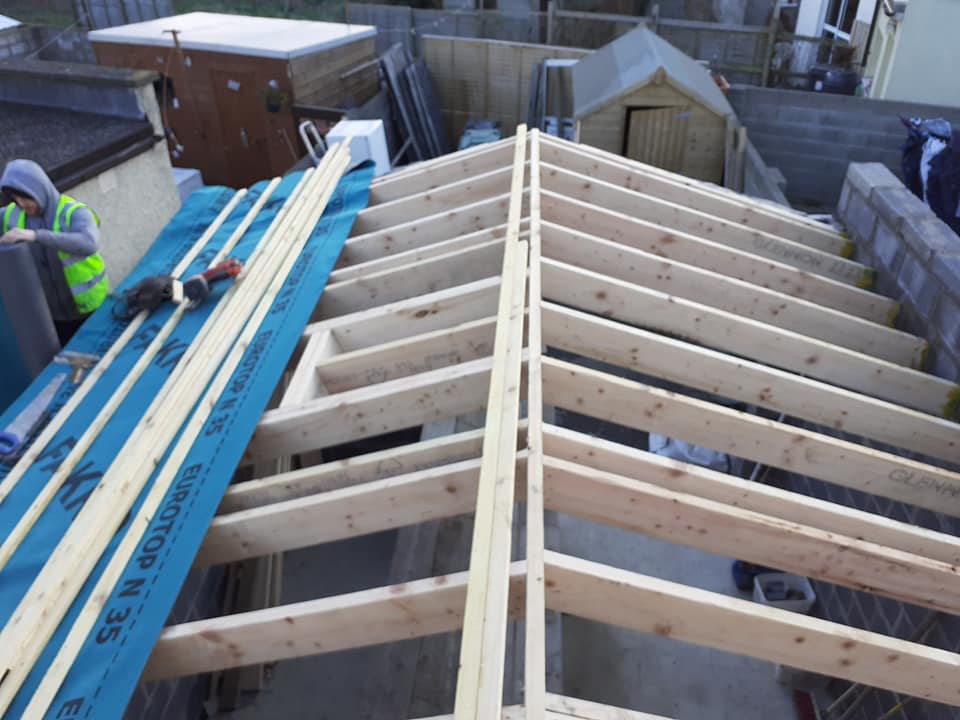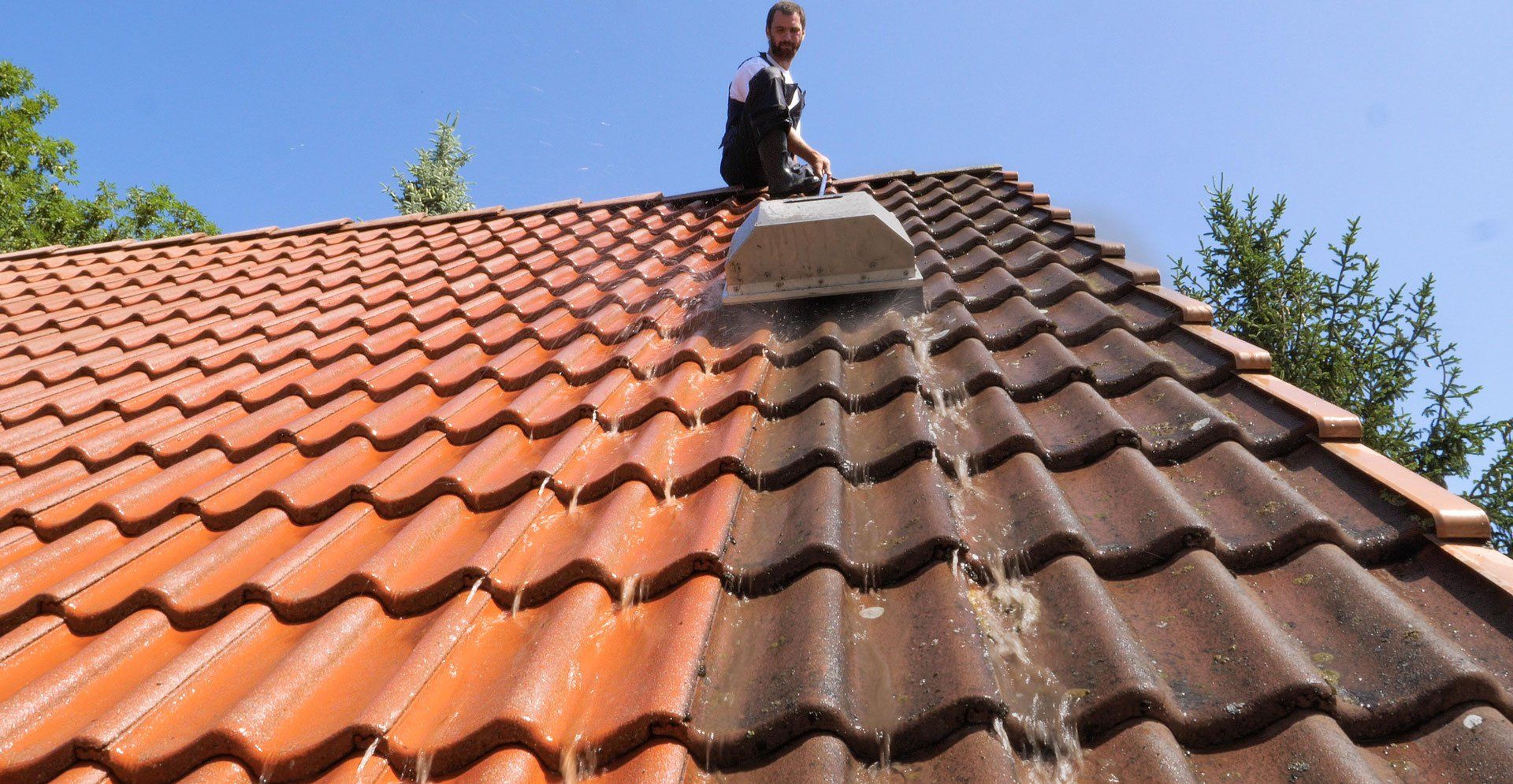Flat Roofing Benefits Dublin
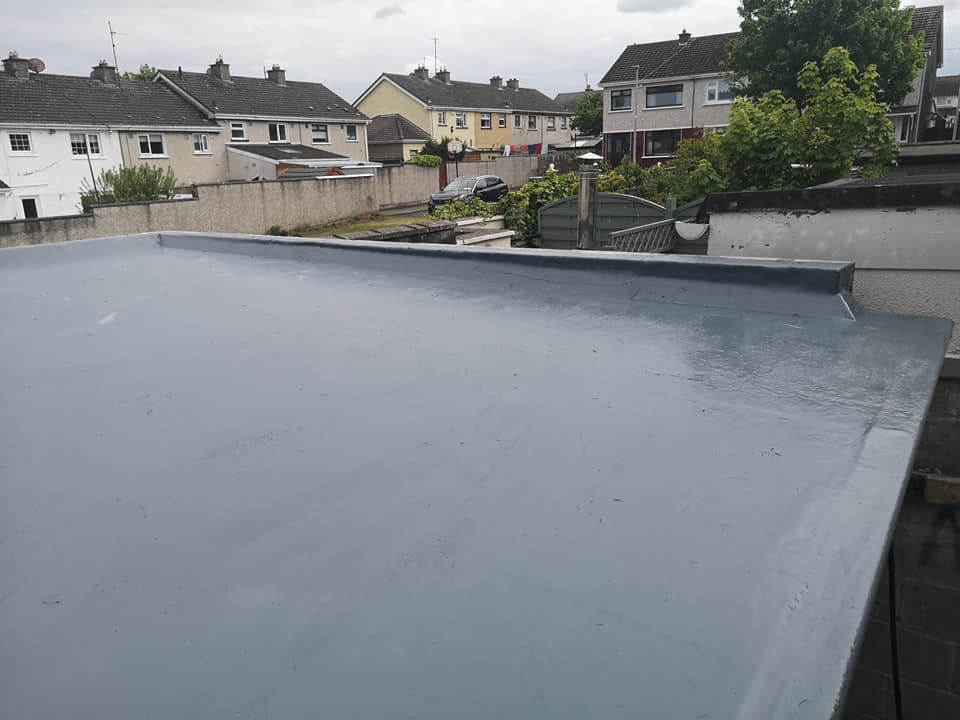
Flat roofing is a popular choice for commercial and residential properties in Dublin, Ireland. It is a cost-effective and efficient roofing system that provides a durable and long-lasting solution for properties with low-slope or flat roofs. In this article, we will discuss the benefits of flat roofing, the materials used, and the importance of proper installation and maintenance.
Benefits of Flat Roofing Dublin
Flat roofing offers numerous benefits for properties in Dublin. One of the main benefits is cost-effectiveness. Flat roofing requires fewer materials and less labor than traditional pitched roofs, making it a more affordable option. Additionally, flat roofs provide extra space for solar panels or rooftop gardens, which can help lower energy costs and promote sustainable living.
Another benefit of flat roofing Dublin is its durability. Flat roofs are designed to withstand harsh weather conditions, including heavy rain, strong winds, and hail. Properly installed and maintained flat roofs can last for decades, making them a long-term investment for property owners.
Flat roofing is also easy to maintain. Unlike pitched roofs, flat roofs do not have steep angles, making them safer and easier to clean. Flat roofs require minimal maintenance, with regular inspections and occasional repairs being all that is needed to keep them in good condition.
Materials Used for Flat Roofing
The most commonly used materials for flat roofing in Dublin are built-up roofing (BUR), modified bitumen, and single-ply membrane.
Built-up roofing (BUR) is made up of layers of tar and gravel or asphalt and felt. It is a durable and long-lasting option that can withstand harsh weather conditions. Modified bitumen is a type of asphalt roofing that is reinforced with fiberglass or polyester. It is a flexible material that can be easily installed on flat roofs.
Single-ply membrane is a lightweight and cost-effective roofing material that is made of synthetic materials, such as PVC or TPO. It is easy to install, requires minimal maintenance, and is environmentally friendly.
Proper Installation and Maintenance of flat roofs in Dublin
Proper installation and maintenance are essential for the longevity and performance of flat roofing in Dublin. It is important to hire a professional roofing contractor who has experience in installing flat roofs. A skilled contractor will be able to install the roofing system correctly, ensuring that it is water-resistant and durable.
Regular maintenance is also important for the health of flat roofing. Inspections should be conducted regularly to identify any damage or potential problems. Any necessary repairs should be carried out promptly to prevent further damage to the roof. In addition, cleaning the roof of debris and keeping it free of standing water can help prevent leaks and other problems.
Conclusion
Flat roofing is a popular choice for properties in Dublin, providing numerous benefits for property owners. Its affordability, durability, and ease of maintenance make it a practical choice for commercial and residential buildings. When choosing a roofing material for your property, it is important to consider the materials used, the importance of proper installation and maintenance, and the experience of the roofing contractor. With the right material and professional installation and maintenance, flat roofing can provide a reliable and long-lasting solution for your property.
